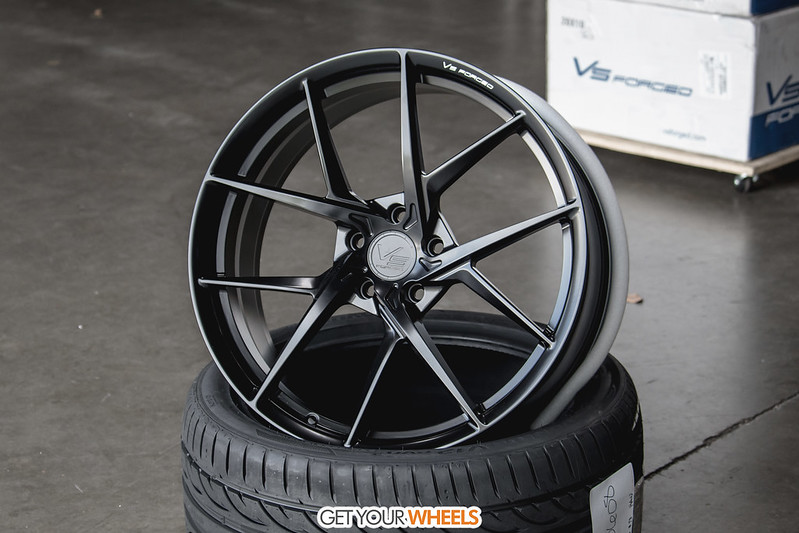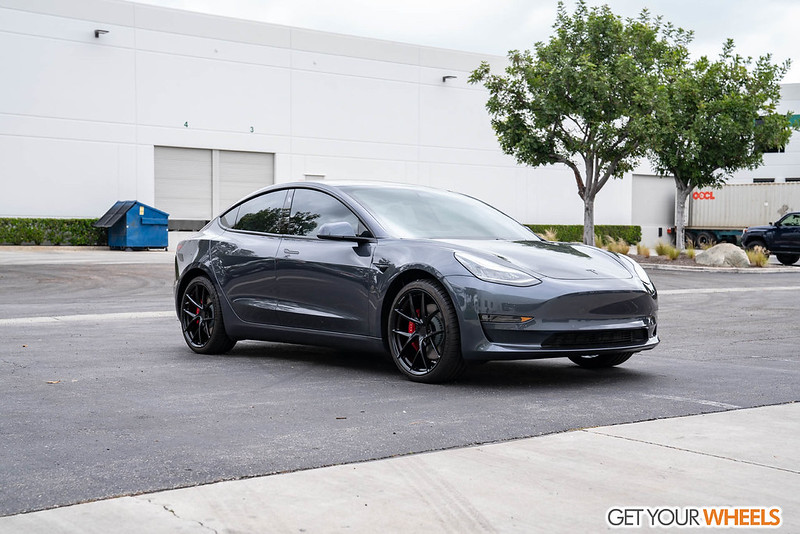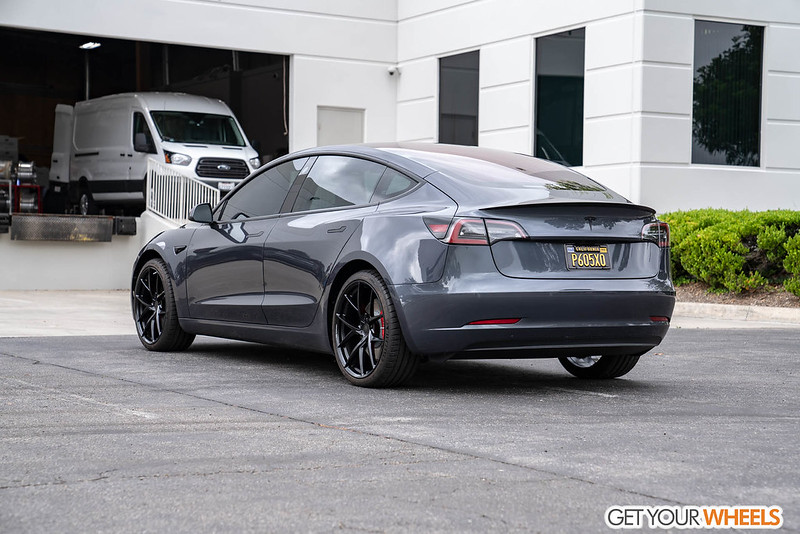To answer your statements directly:
Are you an engineer, metallurgist, or have any experience with manufacturing?
Don't have to be. It's not rocket science making a lug. Buy the steel, stamp or machine the steel. If you made the right choice of steel you are 95% there minus the finish. None of these lug manufacturers make their own steel. They buy it from a hand full of suppliers, some even from the same suppliers like the forged wheel manufacturers do.
Basically you're stating that these lugs are compatible and safe based on the fact that they are using the same steel alloy used as Gorilla?
Yes.
Somehow I think it's a little more complicated than that....
It's not.
Fact- Mackin the distributor doesn't know the max torque spec of the monster lugs
Not a fact. Stupid guy on the phone working for minimum wage asking another stupid guy who is not on the phone about stuff neither of them know about is meaningless.
This logic is not sound. When you call Tesla customer service no one knows anything there about anything and you get a different answer every time you call. Guy on other side of Tesla customer service phone is not Elon Musk who actually engineered that car, any more than the stupid guy who answered Mackin's phone.
Fact- 2 resellers that Mackin directed to me to recommended against using the Monster lugs citing max tq at 95 ft-lbs
It might be a fact that he said that but that doesn't make what he said a fact which is the important part. You don't know the motivations of that person. He could be playing it safe because he doesn't know. The box does not say 95ft-lbs max. The word "max" is not there. It just says torque to 95 because that's the spec for most cars and those are generic instructions. You can tell those where generic because they were so basic:
1. put wheel on car
2. put lugs on each stud
3. torque to 95
No sh#t!?
Fact- Monster does have a fitment sheet but doesn't list Tesla.
Yes they do have a sheet by lug spec not by car. That's the proper way to do it because:
- cars come and go (new models come out every year)
- the thread spec could change on the same car over time if manufacturer changes spec
- you can't test every car in the world
- it doesn't even make sense to test all the cars in the world when you have the lug spec
- after market wheels invalidate all your car specific testing
What it probably means is that they never tested the torque to 129 ft-lbs (see below)
Don't need to. The composition of the alloy tells you what torque it can handle.
But like I said, don't have any knowledge in engineering or manufacturing and don't fully understand the forces required to keeping a wheel on the car.
You don't have to know much, just the important things. In engineering the weakest link breaks. If you believe the steel they used in the lug is stronger than Tesla's stud then you're set.
Stating that the lugs are made of the same steel so they should be good to go seems like an over simplification to me though.
Its not though. Seriously. The steel spec, the thread spec, the seat spec, and the dimensions are all you need to make an informed decision. Its all there for you. Plus you have testimonials from me and others that these fit like they where made for it.
Model S P100DL is a pretty heavy car (4950 lbs) and makes a lot of torque so I don't want to take chances.
The large amount of torque produced is against the cross section direction of the stud not in the lateral direction on the lug. Cornering is what usually exerts the most stress on the lugs.






